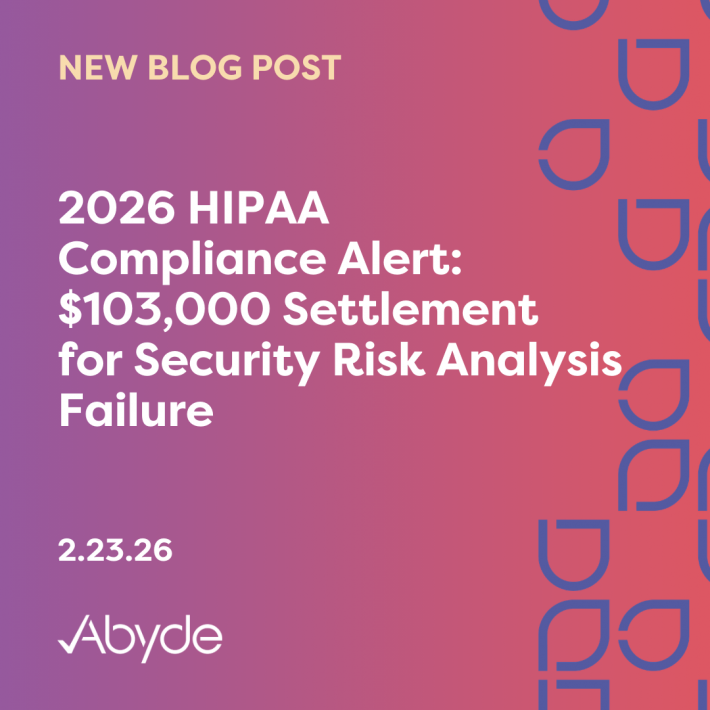March 18, 2021
Let’s face it, social media and the internet tend to call the plays when it comes to our decision-making. Whether you’re shopping for a new car or just deciding between tacos or pizza for dinner, seeing a one-star review pop up under your Google search is a total red flag. So, when 95% of patients say that online reviews are reliable and over 70% say that reviews have influence over their choice of physician – being on the receiving end of a bad review can feel like a total cheap shot.
There’s really no such thing as pleasing everyone – and as a practice owner, having to deal with some unhappy patients just kind of comes with the territory. Even all-star’s get the occasional “boo” from the crowd and seeing a patient post “100% would NOT recommend!!” about your practice can be a hard hit to recover from. As much as we all want to come to our own defense, choosing to fight back does a lot more damage than just taking the ‘L’ in the online face-off with a patient. Just take it from the dental practice who was slammed with a $10,000 fine for including sensitive patient information in their response to a Yelp review.
You might be thinking if someone submits a review about my practice aren’t they already admitting that they’re a patient themselves? Though you aren’t totally wrong, HIPAA law is in place to protect patients’ privacy – and a patient submitting a review is NOT authorization for you to go and release their sensitive information when responding. So, while there might not be a winning playbook for how to keep your patients happy, there are some guidelines for how to best handle online reviews:
- Don’t get personal. Provide a generic response that doesn’t in any way share patient’s protected health information (PHI) or any other identifiers that link them to your practice.
- Don’t overdo it. Long responses can be overwhelming and it’s better to keep it short and sweet to avoid giving away too much information.
- Be the bigger person. Thank your reviewers, even if they’re negative. Showing appreciation for any feedback you receive will score you some brownie points with prospective patients.
- Take it offline. Let the patient know that they should contact your office to discuss further. This way you can still try to mitigate the issue by getting more details on their experience but in a safe, secure AND HIPAA-friendly environment.
Since there’s no one-size-fits-all response for any and every online review, your practice may receive some feedback that seems a bit out-of-left-field, and knowing how to handle it might be tricky. So to give you some sideline practice, let’s pretend you just received this negative review:
“I had to wait over an hour to be seen and the doctor was rude and rushed through my appointment. Overall it was a terrible experience and I will not be back.”– Negative Nancy
A bad response for your practice would be:
“We’re sorry you had a bad experience during your appointment, however, our records show that you were late to your appointment which therefore caused a delay in your wait time.”
A HIPAA-compliantresponse would be:
“Our practice’s scheduling policy allows for adequate time with the doctor in order to keep our appointments running on time. However, due to emergency situations, it is possible for us to run behind schedule occasionally. We appreciate your feedback and are committed to providing the best patient care; you’re always welcome to contact our office if you would like to discuss further.”
It’s pretty easy to see why response #1 would probably end up on Sportscenter’s Not Top 10 Plays of the Week – but unfortunately, we are seeing more and more real-life examples of practice comments similar to this one. With patient complaint numbers on the rise and proposed regulation updates centered around improving patient rights, the Office for Civil Rights (OCR) has definitely made it clear that they’ll be bringing their “A” game on HIPAA enforcement.
Online reviews (both good and bad) should be handled with extreme care not only to protect your practice’s reputation amongst prospective patients but also to avoid any flags thrown by the OCR. So, while we hope that you won’t have to go head-to-head with a one-star Google review anytime soon, following HIPAA best-practices when and if you do will be the ultimate game-changer.





